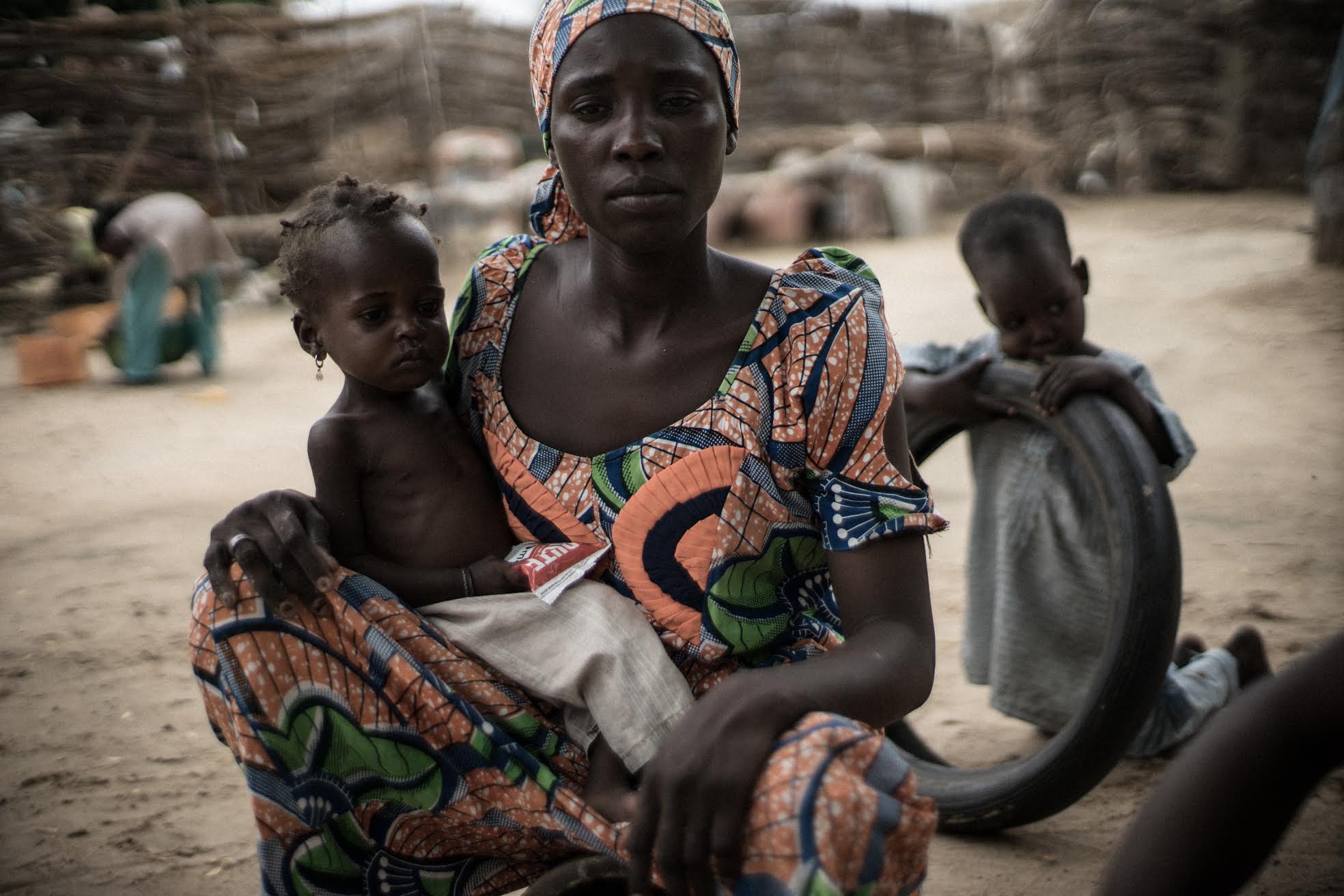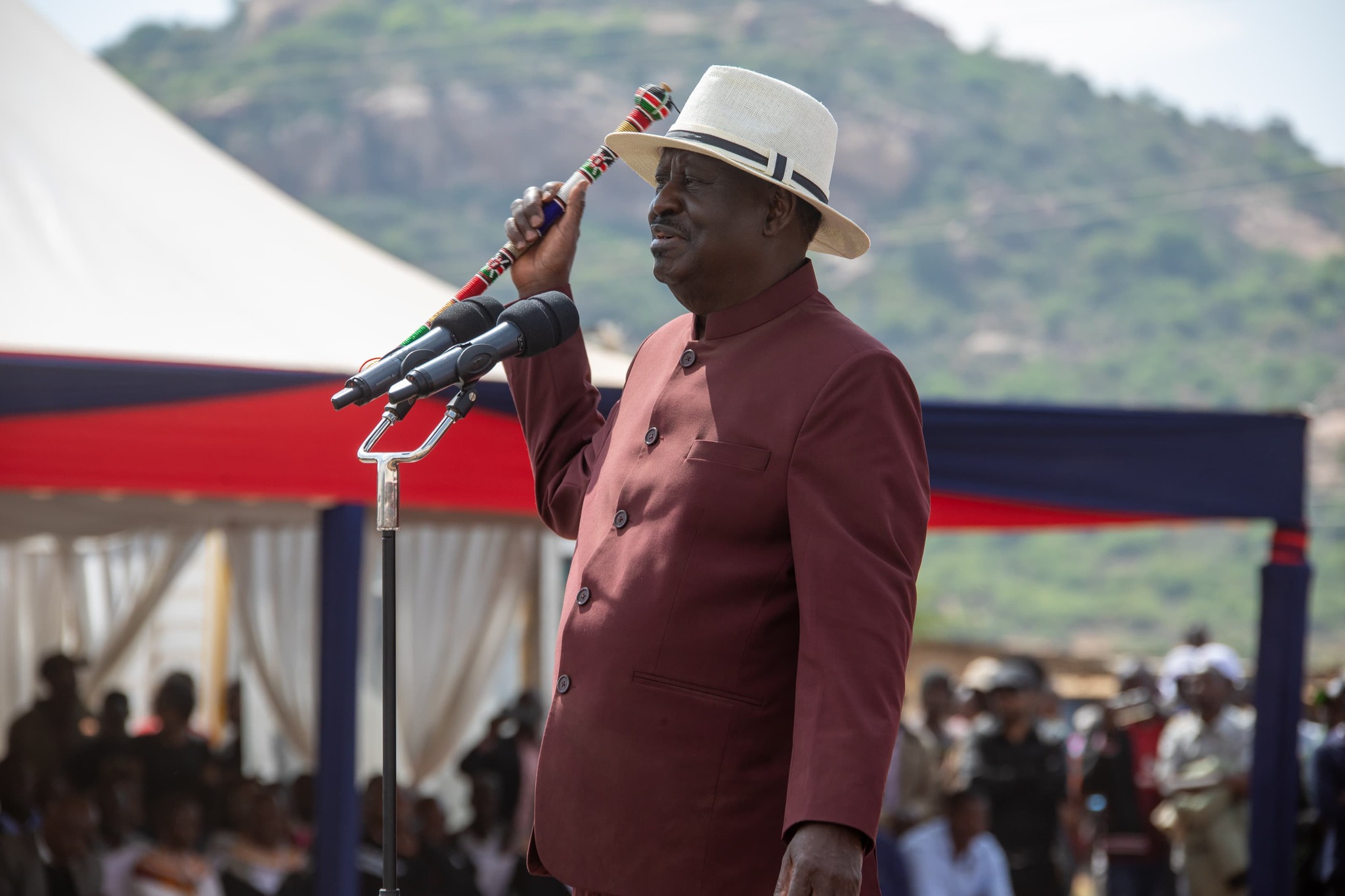
Combined wealth of Dangote and 4 others can end extreme poverty in Nigeria- Report

The combined wealth of Nigeria’s five richest persons, estimated to be about $29.9 billion, can end extreme poverty in the country, a report by Oxfam International has stated.
The report, ‘Inequality in Nigeria,’ aims to expose the large and growing gap between rich and poor. It reveals how the benefits of economic growth have been captured by a wealthy elite at the expense of ordinary Nigerians
According to the report, Nigeria’s richest man earns 8,000 times more in one day than a poor Nigerian will spend on basic needs in a year.
“More than 112 million people are living in poverty in Nigeria, yet the country’s richest man would have to spend $1 million a day for 42 years to exhaust his fortune.” The report said.
While more than 112 million people in 2010 were living in poverty– a rise of 69 percent, the number of millionaires increased by 44 percent during the same period.
According to the report, the economic inequality is a key factor in the conflict in the north-eastern part of Nigeria.
According to the United Nations Office for the Coordination of Humanitarian Affairs, more than 4.8 million people in north-east Nigeria are experiencing severe food shortages – this is predicted to rise to 5.1 million this year, without further interventions.
According to Forbes the 5 richest Nigerians are:
Aliko Dangote (net worth US $14.4 billion)
Mike Adenuga (net worth US $9.9 billion)
Femi Otedola (net worth US$1.85 billion)
Folorunsho Alakija (net worth US$1.55 billion)
Abdul Samad Rabiu (net worth $1.1 billion).
Oxfam is part of the international community’s response to help more than 6 million people in Nigeria, Chad, and Niger who are suffering from severe and chronic hunger.






